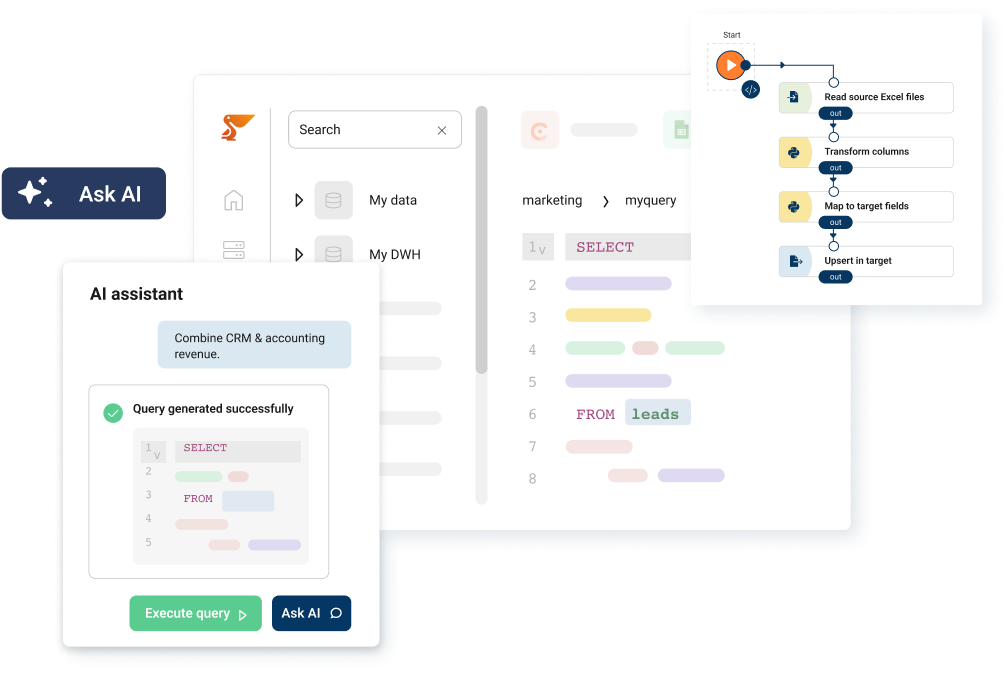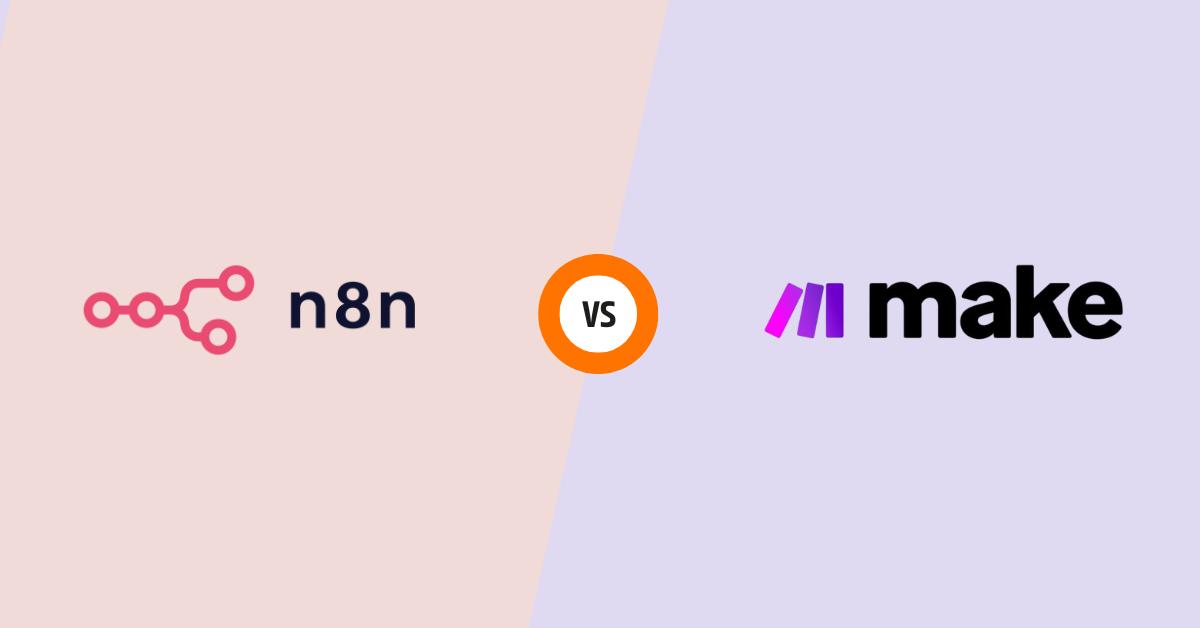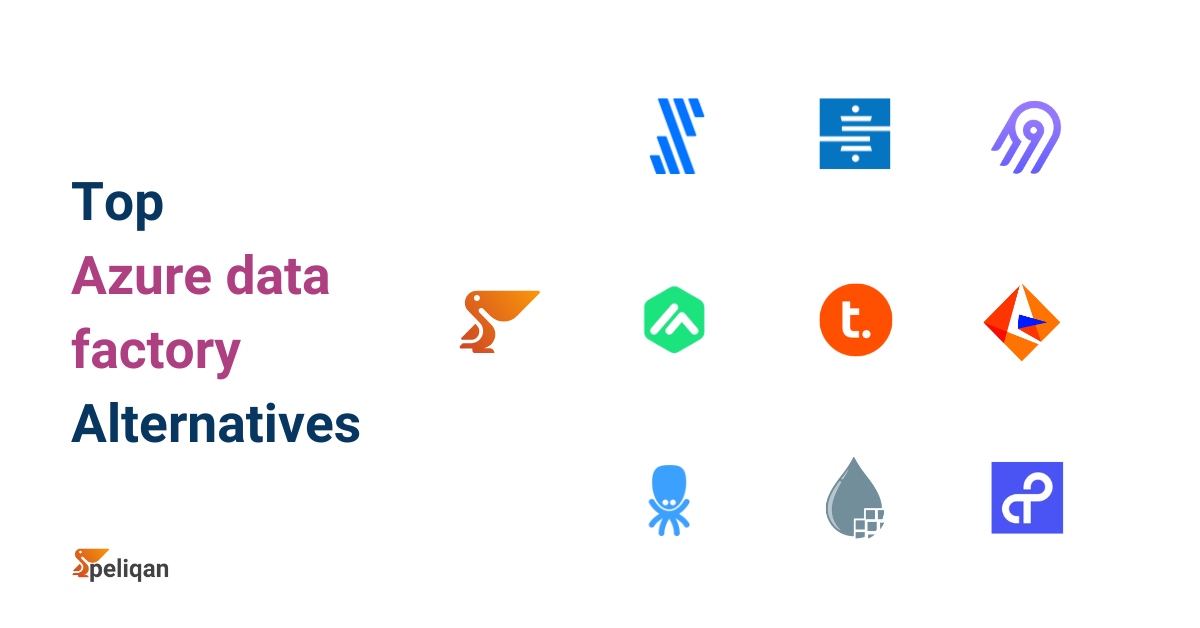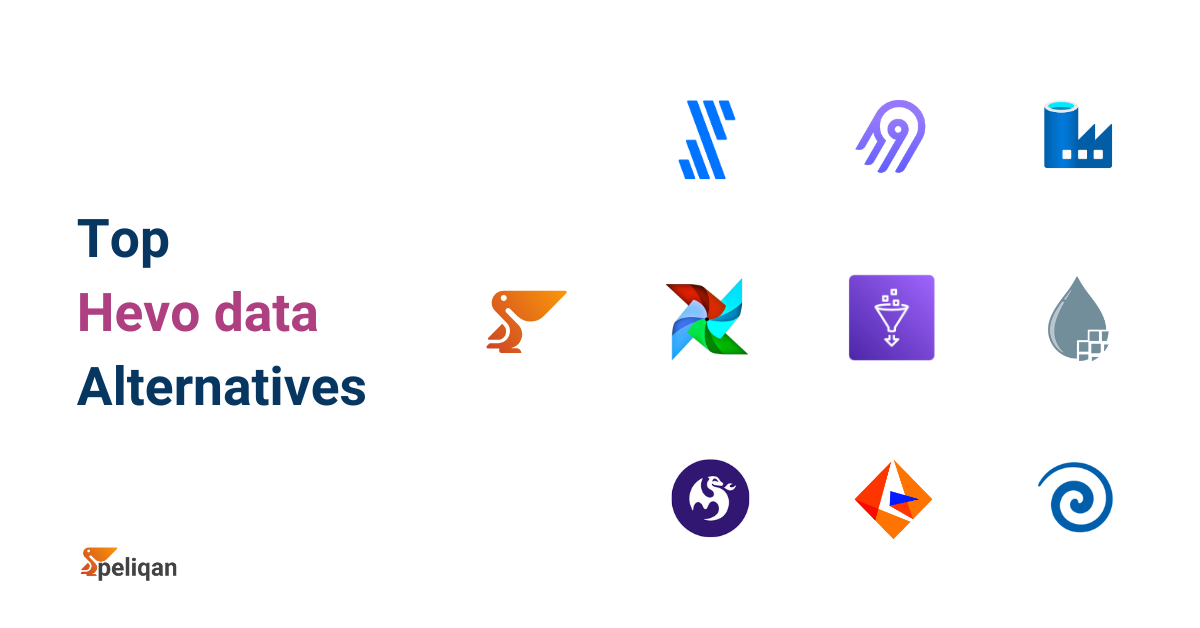Top Matillion Alternatives & Competitors in 2025
Matillion is a popular cloud-native ETL/ELT platform used to load and transform data in modern data warehouses (e.g. Snowflake, Redshift, BigQuery) via a drag-and-drop interface. Its strength lies in easy pipeline design and cloud pushdown optimization.
However, Matillion’s pricing and capabilities have prompted many teams to look elsewhere. In particular, Matillion’s credit-based pricing (starting around $1,000/month for 500 credits and growing usage costs can be a concern.
Users also report Matillion’s steep learning curve, limited free tier, and a relatively small connector catalog (≈120+). These factors drive organizations to evaluate alternatives that offer simpler pricing, more flexibility, or specialized features.
Why consider alternatives to Matillion?
Matillion is a solid tool for cloud ELT, but it has some drawbacks. Users also note Matillion’s complexity and learning curve (e.g. for CI/CD or advanced pipelines) and its limited connector library, which may not cover all data sources. In short, teams often seek alternatives that provide more connectors, easier setup, or modern automation.
- Cost & pricing – Matillion’s credit-based model can be unpredictable, whereas many competitors offer transparent tiers or consumption pricing.
- Connector coverage – Matillion has ~120 connectors, whereas tools like Airbyte and Peliqan boast 250+ or more.
- Modern features – Newer platforms add things like AI-assisted transforms, built‑in warehouses, or automatic schema evolution that Matillion lacks out of the box.
Matillion competitors & alternatives in 2025
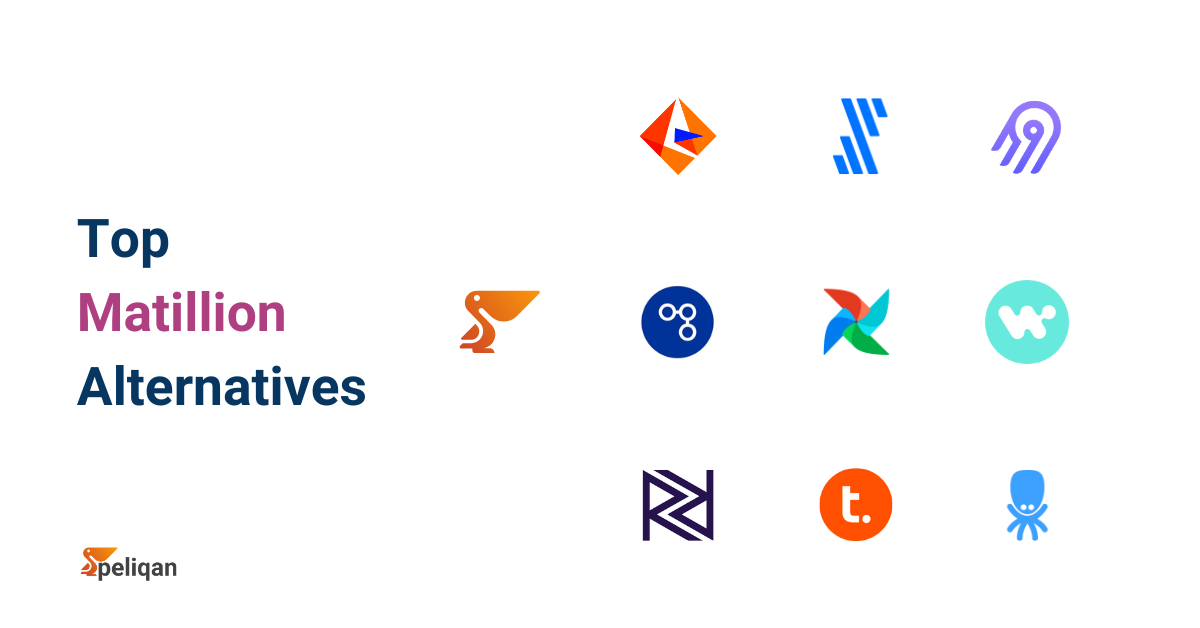
Matillion alternatives: Top 8
There are dozens of data integration tools on the market. The best Matillion alternative depends on your use case (real-time vs. batch, cloud vs. hybrid, budget, etc.). Below we list 8 leading alternatives – each is used by data engineers and analysts as a Matillion alternative.
1. Peliqan – All-in-one data platform
Peliqan is the best Matillion alternative that disrupts traditional data warehousing by consolidating the entire modern data stack into a single, user-friendly platform that enables data warehouse deployment in under 5 minutes. Founded in 2022 by industry veterans, Peliqan addresses the fundamental problem that solutions like hevodata are too complex, expensive, and fragmented for most organizations.
Core Capabilities and Differentiators
The platform combines comprehensive functionality in one solution:
- Built-in data warehousing with automatic optimization
- ETL/ELT pipelines with 250+ pre-built connectors
- AI-assisted data transformation and “Magical SQL” features
- Complete BI tools with visual analytics and dashboards
- Advanced data activation including reverse ETL and API publishing
Transparent, Predictable Pricing
Cost structure designed for budget predictability:
- Starter tier: $380/month
- Pro tier: $550/month
Pros & Cons:
- Pros: Unified stack (ETL, warehouse, BI, reverse ETL), very easy setup (no separate infra), rich connector catalog, clear pricing tiers (no hidden credit fees).
- Cons: Newer vendor (smaller user community), may lack some legacy/enterprise features (e.g. specialized on-prem connectors) out of the box.
2. Informatica IICS – Enterprise-grade ETL for Complex Workloads
Informatica’s Intelligent Cloud Services (IICS) is a heavyweight solution in the ETL/ELT space. It’s built for large organizations that demand strong governance, lineage, and scalability.
Core Capabilities
- Enterprise data flow orchestration
- Metadata management and lineage tools
- Hybrid cloud and on-premise support
Pros & Cons
- Pros: Rich governance, hybrid deployments, scalable engine
- Cons: Complex setup, expensive for smaller orgs
Pricing: Starts at ~$1,000–$5,000/month; PowerCenter ~$50,000/year
3. Fivetran – Zero-Maintenance ELT for Warehouses
Fivetran simplifies data integration with prebuilt, auto-maintained connectors. It’s known for its reliability and plug-and-play experience for syncing data to Snowflake, BigQuery, etc.
Key Features
- 300+ prebuilt connectors with schema evolution
- Automatic pipeline maintenance and updates
- Reverse ETL integration via partners
Pros & Cons
- Pros: Easy setup, zero-maintenance, great uptime
- Cons: Expensive at high data volumes, lacks deep transformation
Pricing: Usage-based (Monthly Active Rows), ranges from ~$25,000–$200,000/year
4. Airbyte – Open Source and Modular ETL Platform
Airbyte is a developer-first alternative to Matillion with an open-source core. It’s highly customizable and ideal for teams looking to build their own connectors or control their pipelines.
Key Features
- 600+ connectors supported via open-source and community
- Modular deployment options: cloud or self-hosted
- Connector builder and API extensibility
Pros & Cons
- Pros: Open-source, flexible, no vendor lock-in
- Cons: Needs engineering expertise, UI still evolving
Pricing: Free (OSS), Cloud: $0.50/credit, Enterprise: custom
5. SnapLogic – AI-Powered Integration with Visual Designer
SnapLogic brings visual programming and AI to the world of ETL. With its “Snaps” (prebuilt connectors), it’s great for enterprises that want low-code data integration.
Key Features
- AI-assisted pipeline design and automation
- Prebuilt Snaps for apps, data, and APIs
- Data and app integration in one platform
Pros & Cons
- Pros: Enterprise-ready, easy for non-developers, AI-guided UX
- Cons: Expensive, not ideal for small teams
Pricing: Custom enterprise plans; starts ~$40,000/year
6. Apache Airflow – Open-Source Workflow Orchestration
Apache Airflow is the leading open-source orchestration tool, providing flexibility and full control over complex workflows.
Key Features
- Python-based DAG orchestration engine
- 350+ operators for extensibility
- Integrates with cloud tools and CI/CD pipelines
Pros & Cons
- Pros: Code-first control, flexible, scalable
- Cons: DevOps required, higher maintenance burden
Pricing: Free (open-source); managed options via Astronomer, GCP, AWS
7. Workato – Integration + Automation for SaaS Workflows
Workato blends iPaaS and workflow automation into one platform. It’s well-suited for business teams who want to integrate apps and trigger actions without heavy dev involvement.
Key Features
- No-code recipe builder for integrations
- Real-time SaaS workflow automation
- Secure RBAC and governance features
Pros & Cons
- Pros: Business-friendly UX, prebuilt automation, fast deployment
- Cons: Limited for complex data workflows, high price point
Pricing: Starts ~$2,500/month; usage-based with recipe tiers
8. Rivery – ETL & Reverse ETL for Fast-Moving Data Teams
Rivery offers an all-in-one data platform with ingestion, transformation, orchestration, and reverse ETL. It’s a solid Matillion alternative if you need flexibility and speed.
Key Features
- Full-stack: ingestion, transformation, sync
- Change Data Capture and API builder
- Prebuilt logic for common SaaS workflows
Pros & Cons
- Pros: Unified platform, good scalability, reverse ETL built-in
- Cons: UI may be complex for new users, smaller connector catalog
Pricing: Credit-based: Starter $0.75/credit, Pro $1.25/credit, Enterprise custom
9. Talend – Data Integration with Open-Core Flexibility
Talend is a popular data integration platform that combines an open-source base with commercial offerings. It’s ideal for companies looking for both flexibility and enterprise-grade capabilities.
Key Features
- Drag-and-drop ETL designer with Java code generation
- Supports on-premise, hybrid, and cloud deployments
- Built-in data quality and governance tools
Pros & Cons
- Pros: Strong open-source foundation, customizable, supports large-scale pipelines
- Cons: Requires technical know-how, UI can feel outdated
Pricing: Open-source edition available; enterprise pricing starts on request
10. Keboola – All-in-One Platform for Data Ops
Keboola combines ETL, orchestration, and data collaboration in a single SaaS platform. It’s great for fast-moving teams that want low-code tooling with developer flexibility.
Key Features
- Prebuilt components for extraction, transformation, and orchestration
- Low-code UI with full developer-mode access
- Data catalog, lineage tracking, and team collaboration tools
Pros & Cons
- Pros: Fast to deploy, good for modern data teams, strong documentation
- Cons: Smaller connector ecosystem, premium pricing tiers
Pricing: Free tier available; paid plans based on usage and seats
Matillion competitors comparison
Selecting the optimal Matillion alternative depends on your specific organizational needs, technical requirements, and strategic priorities. Here’s the quick comparison of top Matillion alternatives.
Conclusion
Matillion has helped many teams modernize their data stack, but it’s not always the most cost-effective or flexible option. If you’re hitting pricing ceilings, lacking specific connectors, or want more control over orchestration, it’s worth evaluating the platforms above.
If you’re looking for an easy-to-use, modern solution that combines ELT, reverse ETL, and BI in one place, Peliqan offers a compelling alternative with quick onboarding and a generous connector catalog.
Explore your options based on your team’s technical skills, data stack, and integration needs. The right platform can save hours of engineering time and accelerate insights across your organization.




